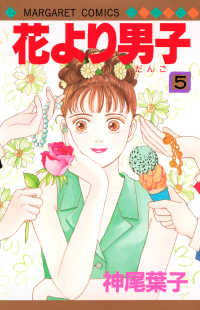- ホーム
- > 洋書
- > 英文書
- > History / World
Full Description
For centuries, Western scholars portrayed China either as a land of superior morality, economy, and governance or as a formidable country of pagans that posed a global threat to Western values. Idealized images of China were used to shame rulers for their incompetence, while China was demonized as an external threat to cover up domestic political failures. In the twentieth century, the geopolitics of global capitalism have facilitated more nuanced perspectives, but the diversifying of knowledge about China is far from complete. In this thought-provoking study, Ho-fung Hung finds that both Western elites and China's authoritarian regime today continue to promote many Orientalist stereotypes to advance their economic interests and political projects. He shows how big-picture historical, social, and economic changes are inextricably linked to fluctuations in the realm of ideas. Only open debate can overcome extremes of fantasy and fear.
Contents
Preface; Introduction: Orientalism in the longue durée; Part I. Catholic Scholarship: 1. From Pax Mongolica to the long sixteenth century; 2. The seventeenth-century crisis and the rise of Sinophilia; Part II. Enlightenment Philosophy: 3. Early Enlightenment Sinophilia; 4. Late Enlightenment Sinophobia; Part III. Institutionalized Orientalism: 5. Romantic Sinology after the French Revolution; 6. Scientific-racist Sinology in the age of empire; Part IV. Cold War Area Studies: 7. From Sinology to China Studies; 8. The 'Asiatic mode of production' myth; Part V. Self-Orientalism: 9. Self-orientalizing nation building; 10. Contested Confucianism; Conclusion: de-orientalizing triumph, re-orientalizing perils.







